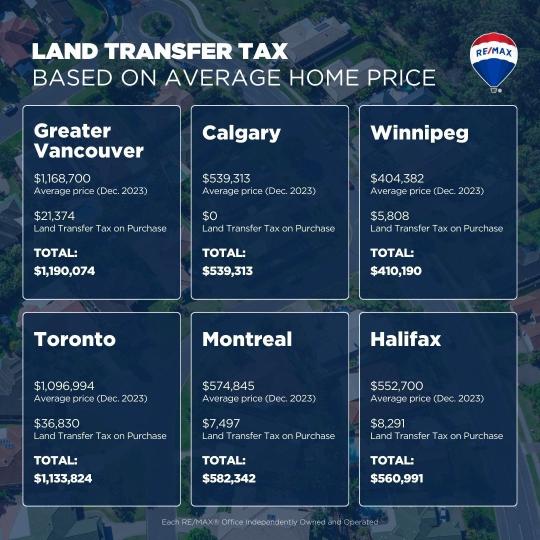
The Toronto housing market experienced a significant surge in luxury transactions towards the end of 2023, spurred by impending adjustments to the 2024 land transfer tax rates. However, RE/MAX Canada’s 2024 Tax Report indicates a slowdown in the Greater Toronto Area’s market pace. Current sales are aligning or modestly surpassing the previous year’s figures, influenced by economic uncertainties and elevated interest rates that have deterred many potential buyers.
Despite the Bank of Canada maintaining stable rates since a hike in July 2023, inflation pressures persist, presenting a challenging scenario for rate adjustments. Nonetheless, there’s optimism as indications suggest an end to quantitative tightening, with expectations of rate reductions by mid-year. This anticipation sets the stage for a vibrant spring market, propelled by trade-up buyers leveraging equity gains from the last decade. This season is anticipated to offer a wider selection of homes and reduced competition.
The spring market presents an opportunity for experienced buyers, potentially aligning their purchases with anticipated rate cuts. Conversely, first-time buyers face challenges, particularly with entry-level properties priced between $500,000 and $1,000,000, exacerbated by stringent government stress tests. This scenario underscores the difficulties in transitioning from renting to owning, as many find mortgage rates comparable to their rental expenses, all while inflation diminishes their savings.
The 416 area remains appealing to younger demographics, drawn by its proximity to amenities and unaffected by additional municipal land transfer taxes. On the other hand, the 905 area and regions beyond the city offer more affordability and require fewer taxes, a shift supported by the rise of hybrid work models.
For city dwellers, the high costs associated with moving, including multiple transfer taxes and closing fees, are encouraging homeowners to consider renovations as a viable alternative to enhance their property value.
Property tax discussions reveal concerns over the regressive nature of current tax policies, particularly affecting seniors with fixed incomes. The dialogue calls for reform, highlighting the need for a more equitable tax system that aligns with homeowners’ financial capabilities.
Despite the tax burdens, the Toronto market continues to attract buyers, though some are exploring more affordable options outside the GTA. Statistics Canada’s data from the first three quarters of 2023 show a net out-migration from Ontario, driven by high living costs, signaling a broader trend of relocation within the country.
Toronto’s Real Estate Tax Structure: A Closer Look
Toronto and Ontario have distinct land transfer tax rates for residential properties, scaling with property value. The municipal tax rates range from 0.5% for properties up to $55,000 to 7.5% for those over $20 million. The provincial rates mirror this structure up to $2 million, after which a 2.5% rate applies. This tiered system offers full rebates for first-time buyers on properties up to $400,000, although the current market sees this benefit largely applicable to non-residential listings like parking spaces or vacant land.

This detailed analysis of the Toronto housing market, its challenges, and the tax implications aims to provide a comprehensive overview for potential buyers, sellers, and homeowners navigating this complex landscape.



